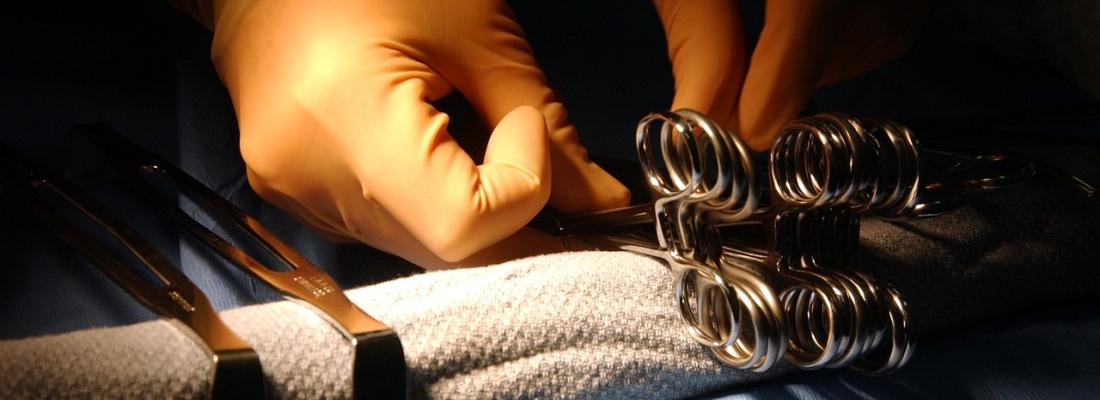Food, Global Health Reading time 3 min
C-section delivery disrupts gut barrier in newborns
Published on 04 July 2023

C-section delivery, which involves an incision in the abdomen and uterus of the mother, is a surgical procedure performed in place of a natural delivery. In France, the procedure is used in 20% of all births.
Natural delivery is a key moment in microbiota transmission from mother to child, and caesarean delivery disrupts this transfer. Such a disruption has recently been shown to impair immune system development and create a predisposition in children to conditions such as allergies, obesity and intestinal inflammation1. But which link in the chain causes these effects?
This question was the primary focus of a new study by INRAE researchers, in co-operation with Université Paris-Saclay, to decipher the role of gut barrier-microbiota imbalances in early life and links to the risk of intestinal inflammation later in life.
Research was based on the study of mice born by caesarean section. Based on their findings, scientists noted that these mouse pups had a highly diverse microbiota in the days following their birth. This caused an excessive stimulation of the intestine that led to an alteration in mucosal structure2 and an inflammatory reaction. Specifically, the cells that produce mucus were disrupted. This viscous substance is one of the body’s first lines of defence in the intestine.
Is there a remedy? The scientists supplemented the diet of the newborn mice with Lactobacilli. This bacterial group, occurring naturally in the intestine and beneficial to microbiota balance and health, were the most effected by caesarean delivery in the mice. Supplementation made it possible to eliminate sensitivity to inflammation.
Such early-life alterations in the microbiota therefore disrupt gut development and could explain excessive sensitivity to inflammation in adulthood. Potential solutions are emerging to compensate for this alteration.
1 Microorganisms. 2021 Oct 9;9(10):2122. doi: 10.3390/microorganisms9102122. From Short- to Long-Term Effects of C-Section Delivery on Microbiome Establishment and Host Health David Ríos-Covian 1, Philippe Langella 1, Rebeca Martín 1
2 Cells lining the intestine that produce a protective mucus layer.
Barone M., Ramayo-Caldas Y., Estellé J. et al. (2023). Gut barrier-microbiota imbalances in early life lead to higher sensitivity to inflammation in a murine model of C-section delivery. Microbiome, 1 1(1), 140. doi: 10.1186/s40168-023-01584-0. PMID: 37394428.
